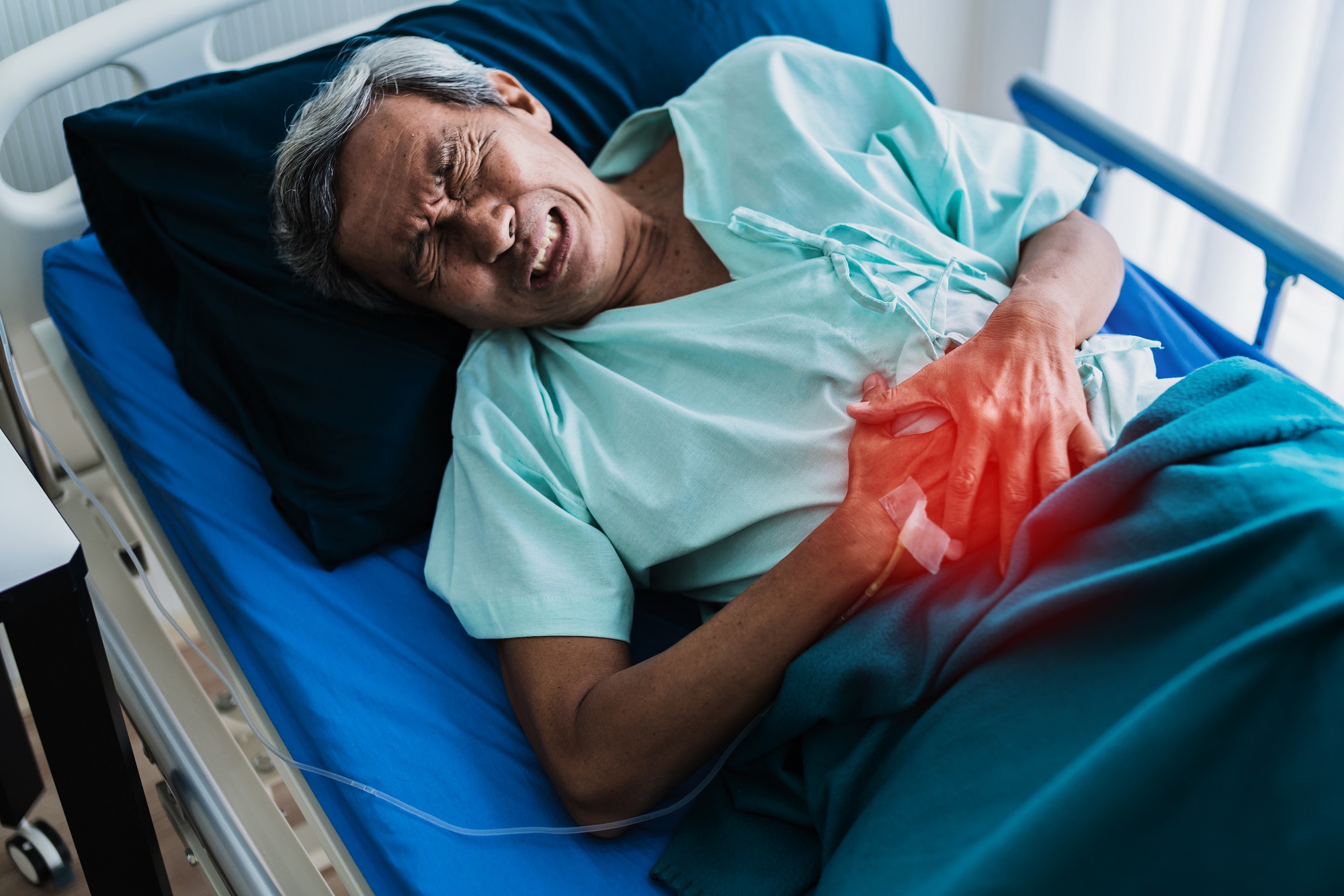When you have a kidney stone, you want it to pass as quickly as possible. There are several kidney stone types. However, calcium oxalate is the most common variety. Some stones are too large to pass on their own. Fortunately, however, many will pass naturally. There are certain actions you can take to make this happen more quickly.

How Do Kidney Stones Form?
Kidney stones are a fairly common condition and they can have multiple causes. Calcium oxalate stones form when calcium combines with oxalate, a substance found in your body as well as in many common foods. The way kidney stones form varies depending on the type. For example, uric acid stones are caused by the body producing too much uric acid. This, in turn, can be caused by consuming too much animal protein or having another illness such as diabetes. Several factors can contribute to the formation of kidney stones of all types.
- Genetic factors —If kidney stones run in your family, you may have an increased risk of developing them.
- Diet —An unhealthy diet, one that’s high in animal protein, sodium, or high oxalate foods can be a contributing factor.
- Being overweight —People who are overweight or obese are at greater risk for kidney stones.
- Lack of exercise —If your lifestyle is sedentary, you may want to start exercising.
- Dehydration — Not drinking enough water can contribute to kidney stones.
There’s no single definite factor that causes kidney stones, but one or more of the above can all contribute.
How to Pass A Kidney Stone?
Passing a kidney stone can be easy or difficult, depending on the size and where in the body it’s situated. Many smaller stones pass undetected and you may never even know they existed. There are certain steps you can take to facilitate the passing of calcium oxalate stones.
- Remove high oxalate foods from your diet. Oxalates are found in a variety of foods, including spinach and other green leafy vegetables, nuts such as almonds, chocolate, beets, rhubarb, and many other foods. This applies specifically to calcium oxalate stones.
- Increase your intake of fluids. Drinking pure water and other healthy beverages can help you pass kidney stones faster. Squeezing lemon into the water helps even more as lemons contain citrates that are useful for breaking down kidney stones. Juice for kidney stones, including orange, pomegranate, and celery can also help.
- Reduce sodium. Too much salt is another factor that increases your risk for kidney stones. Pay attention to the sodium content in your food and cut back.
- Limit animal protein. Eating too much meat, seafood, and eggs can contribute to kidney stones. Your body needs protein, so don’t cut back too much. According to recent studies, the average American gets around twice as much protein as they need, so cutting back isn’t a problem for most people.
- Engage in gentle exercise. Your doctor can advise you on what type of exercise is safe. You don’t want to overdo it, so avoid lifting heavy weights or exhausting yourself. However, gentle exercise such as walking, light cardio, and yoga can be beneficial.
When Kidney Stones Don’t Pass on Their Own
Larger kidney stones can be problematic and may require medical attention. If you have serious symptoms such as blood in the urine, fever or chills, or severe pain you should seek prompt medical attention. There are several kidney stones treatment that don’t pass naturally.
- Medication —Doctors may prescribe a prescription medication to help break down kidney stones. They may also give you pain medication to assist with pain if it is extreme.
- Shock Wave Lithotripsy —This is a common and sometimes effective treatment in which shock waves are applied externally to break down kidney stones.
- Laser Lithotripsy (Ureteroscopy) – The surgeon passes a small lighted tube (ureteroscope), through the urethra and bladder and into the ureter or kidney to the point where the stone is located. If the stone is small, it may be snared with a basket device and removed whole from the ureter. If the stone is large and/or if the diameter of the ureter is narrow, the stone will need to be fragmented, which is usually accomplished with a laser. Once the stone is broken into tiny pieces, these pieces are usually removed from the ureter. In most cases, to ensure that the kidney drains urine well after surgery, a ureteral stent is left in place. Occasionally, a kidney stone will fragment with a laser into very small pieces (grains of sand), too small to be basketed. The urologist will usually leave a stent and allow these pieces to clear by themselves over time. If the ureter is too small to advance the ureteroscope, the urologist will usually leave a stent, allowing the ureter to “dilate” around the stent, and reschedule the procedure for 2-3 weeks later. Laser Lithotripsy (Ureteroscopy) is usually performed as an outpatient procedure. Some patients, however, may require an overnight hospital stay if the procedure proves lengthy or difficult.
How to Pass A Kidney Stones: Find the Right Strategy
Kidney stones can be, at the very least, an annoying and painful condition and, at worst, a serious medical issue. If you’re experiencing this problem, the first step is to get it properly diagnosed. In addition to following medical advice, you can accelerate your recovery by adopting the right diet and lifestyle. If your condition is serious enough to require medical procedures, you can still look ahead and make long-term adjustments to reduce the likelihood of kidney stones returning.
